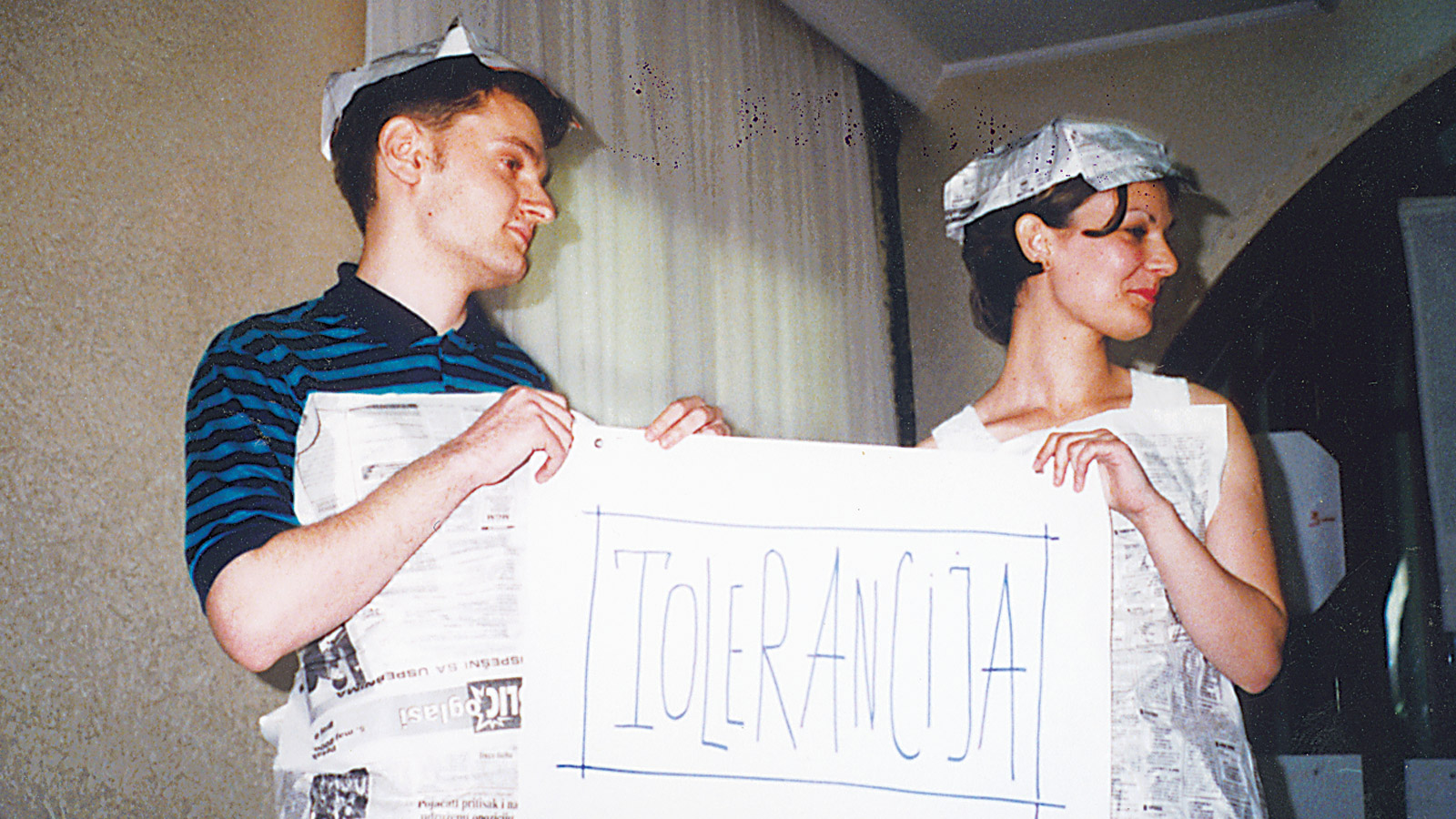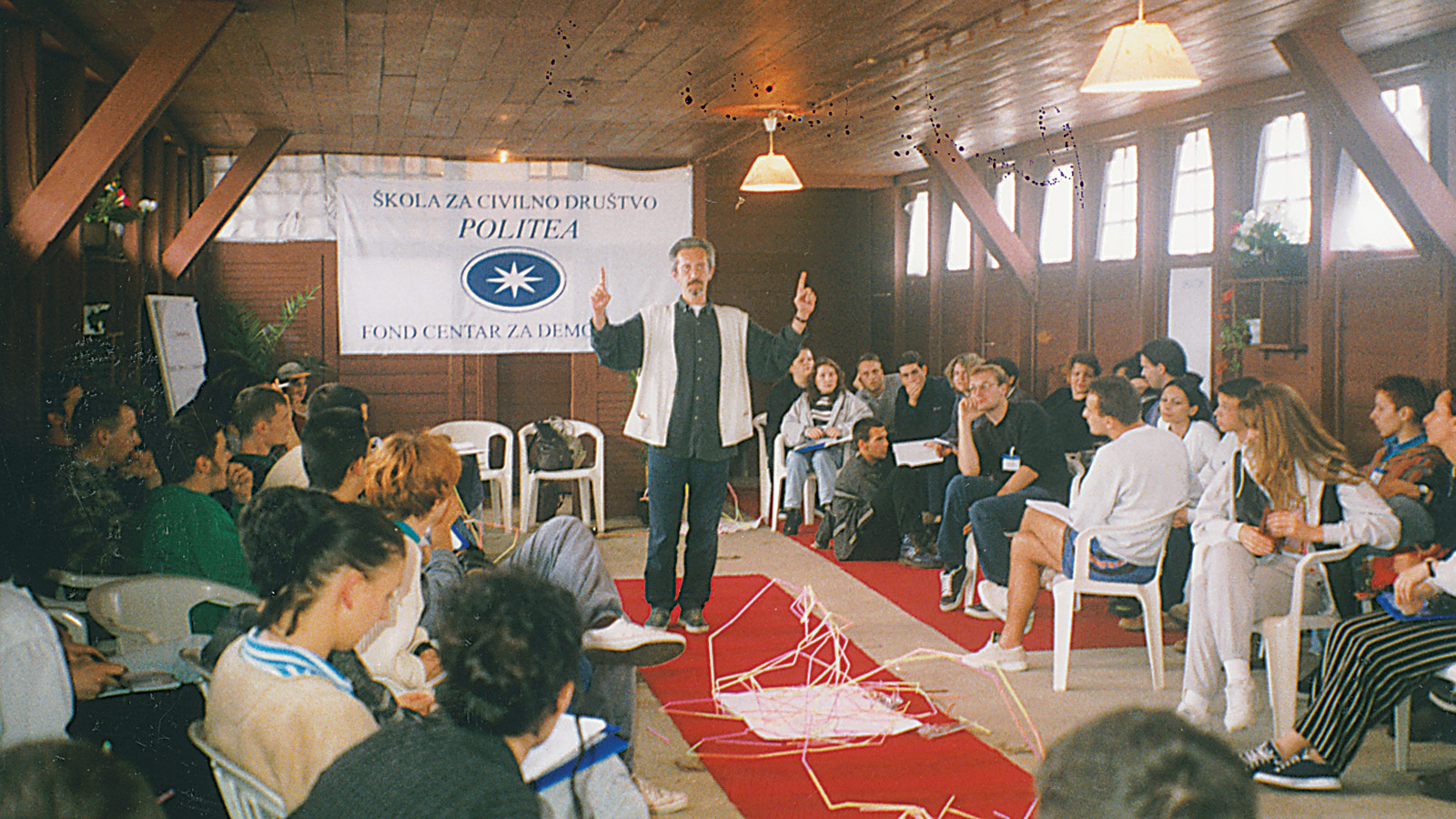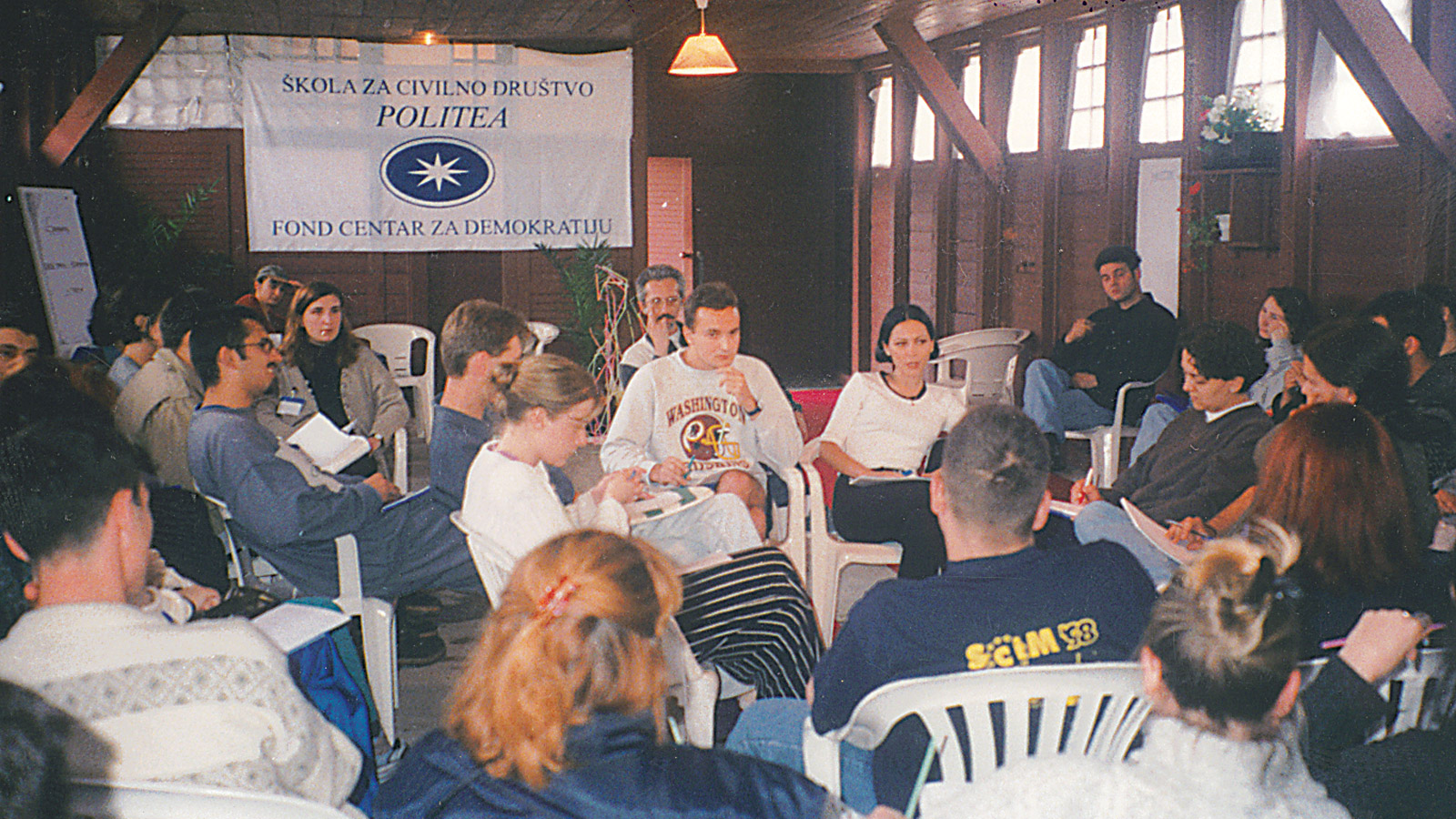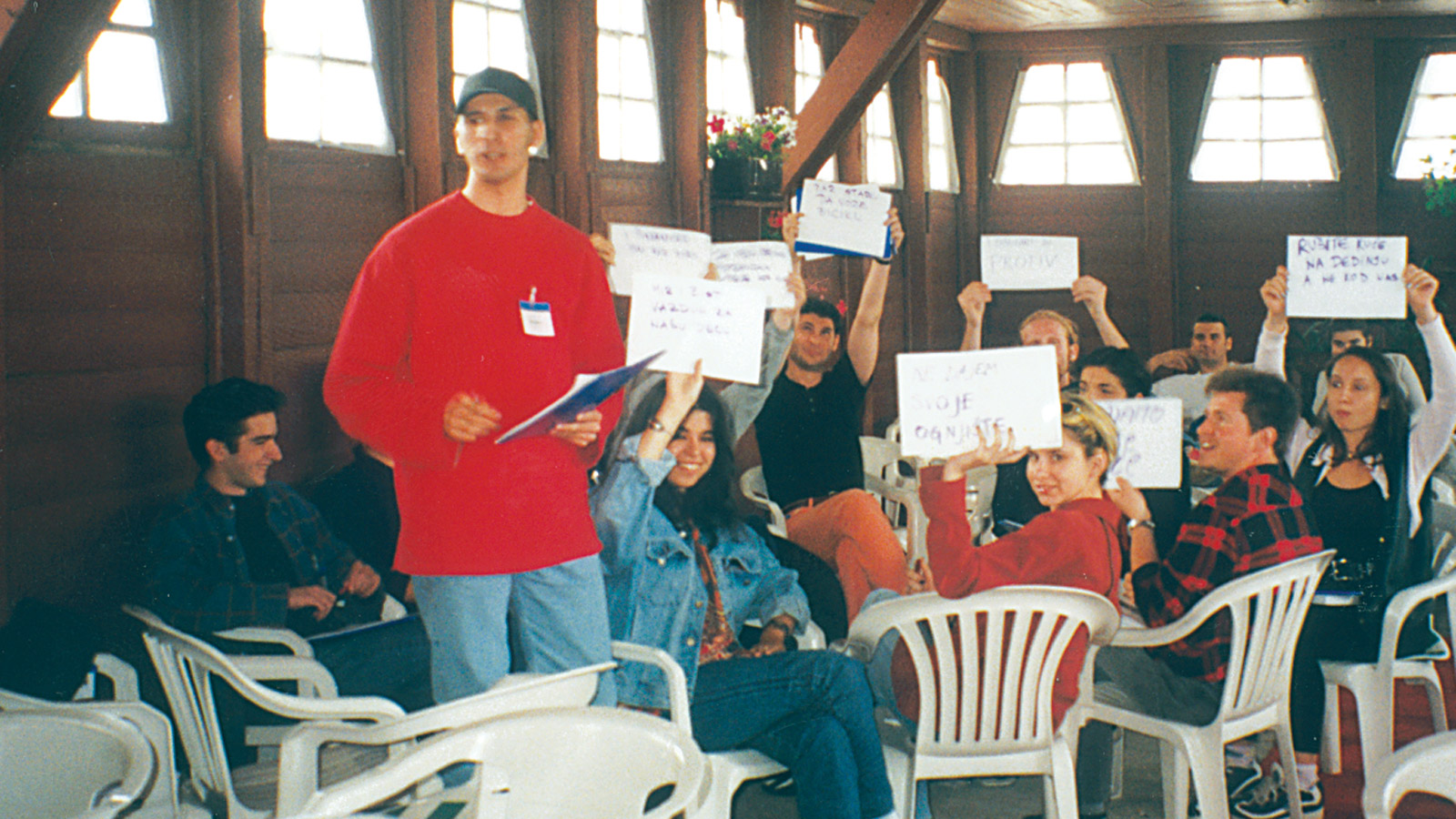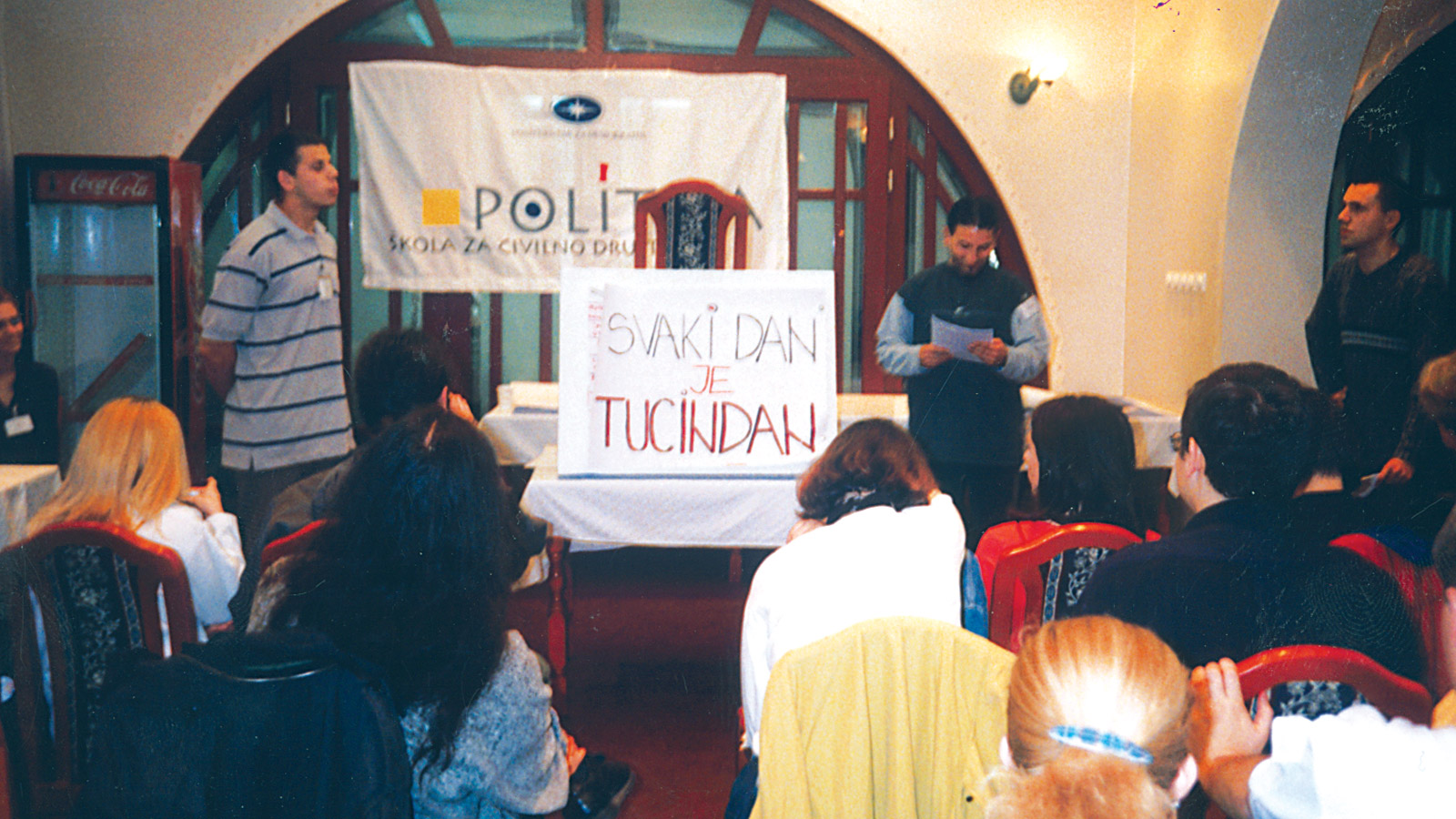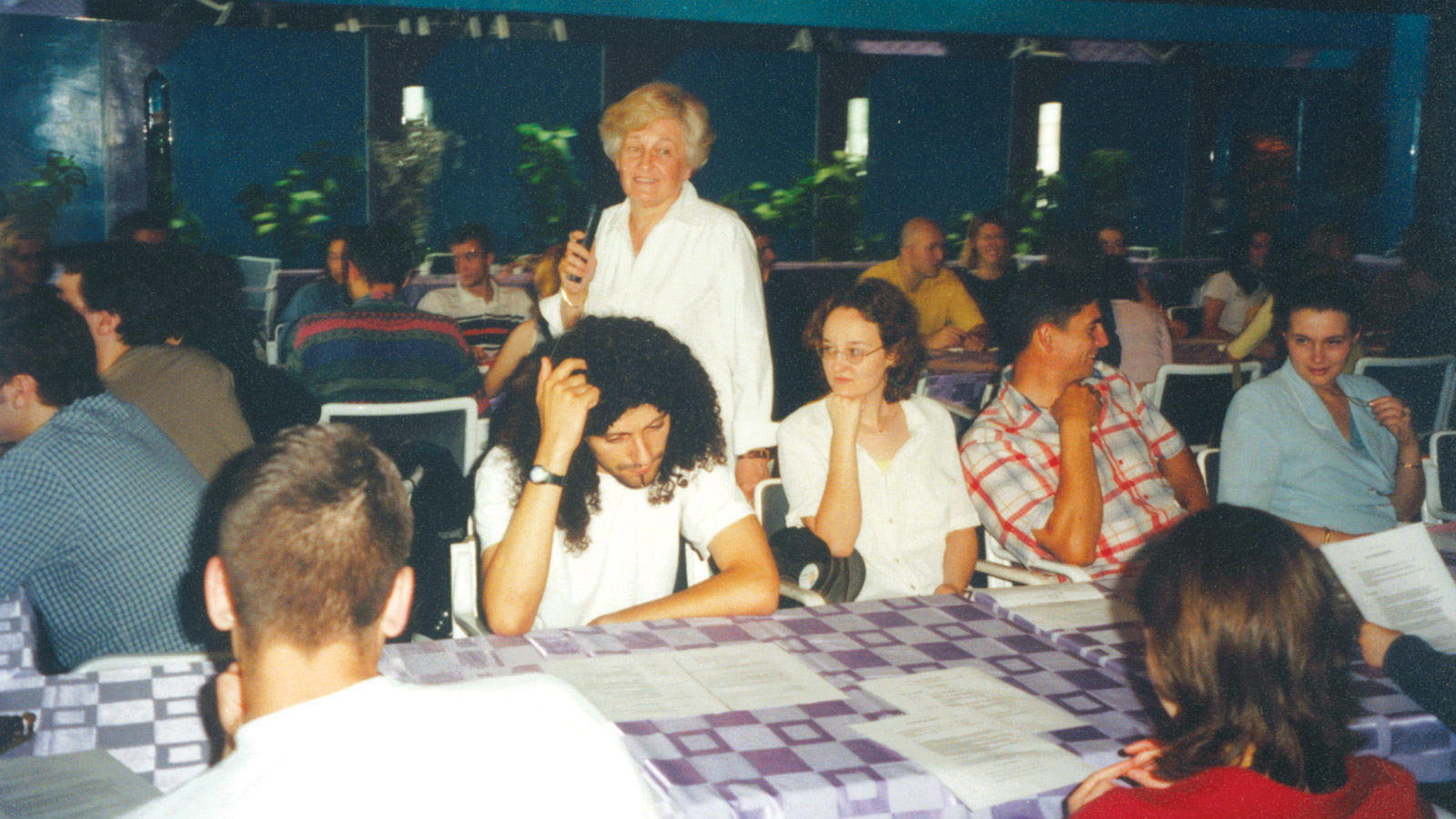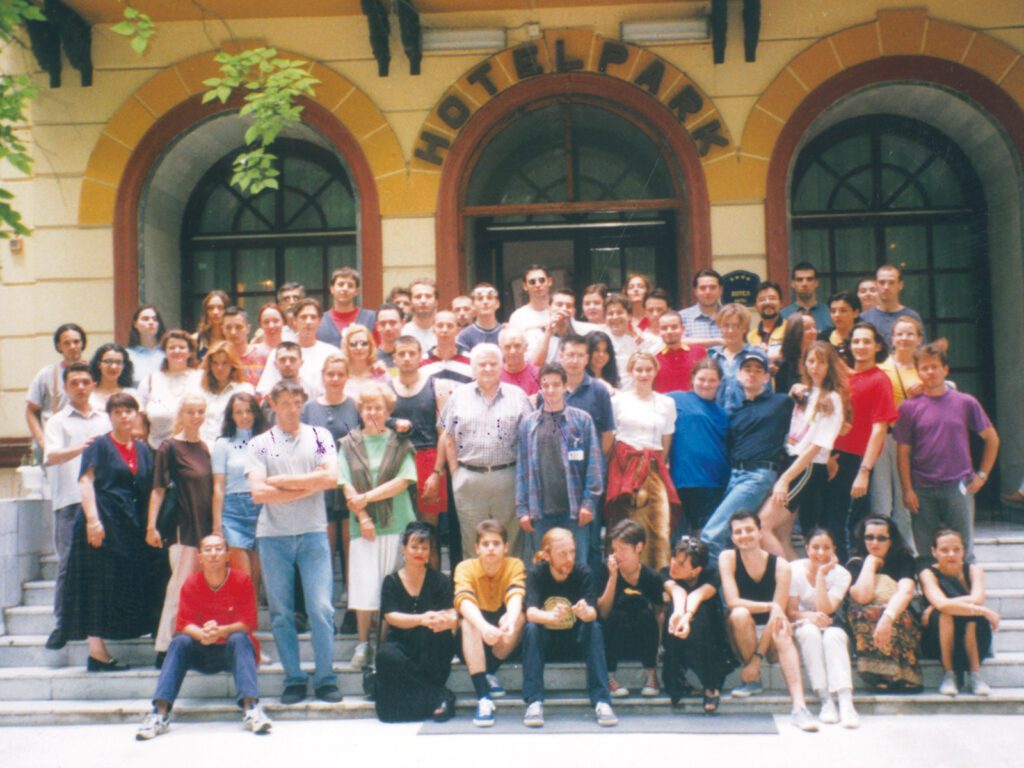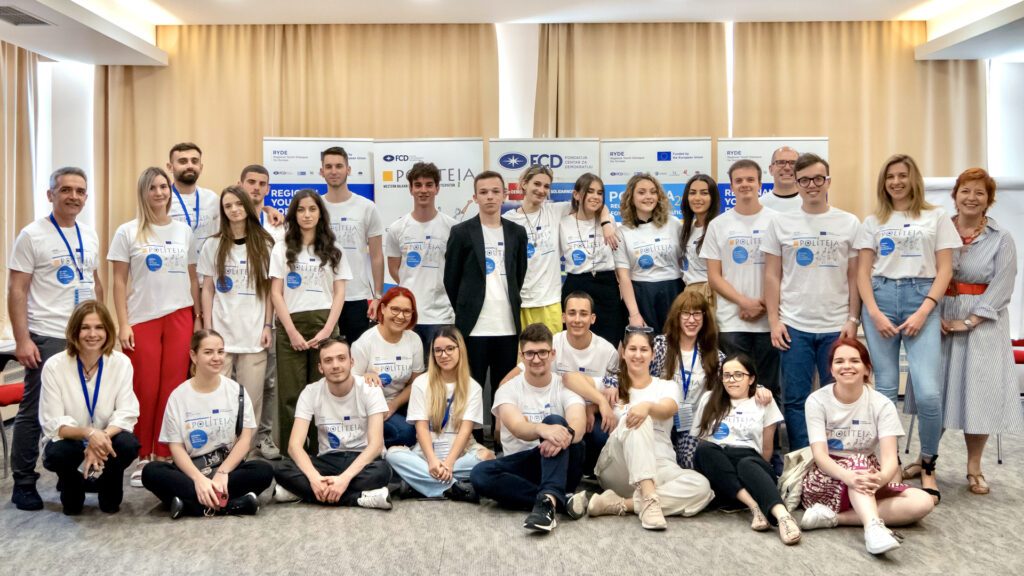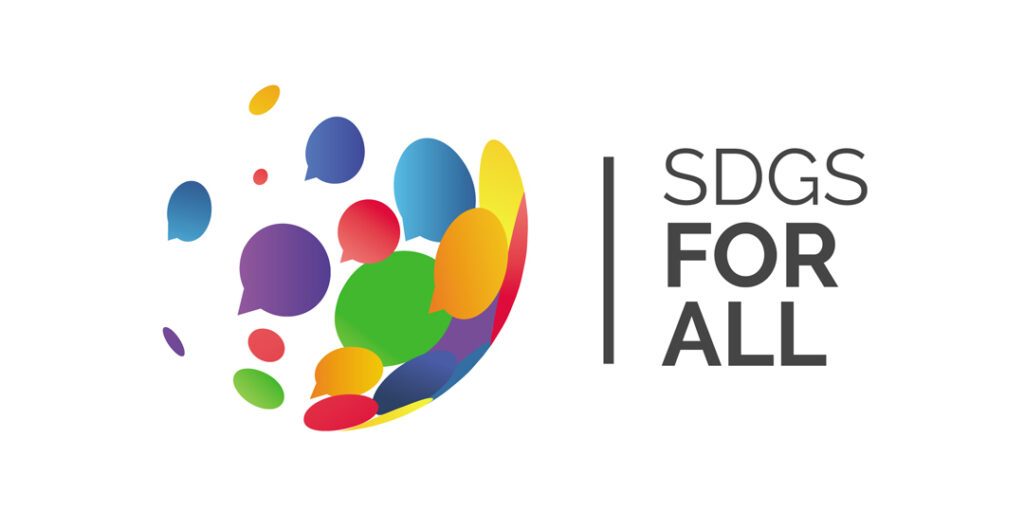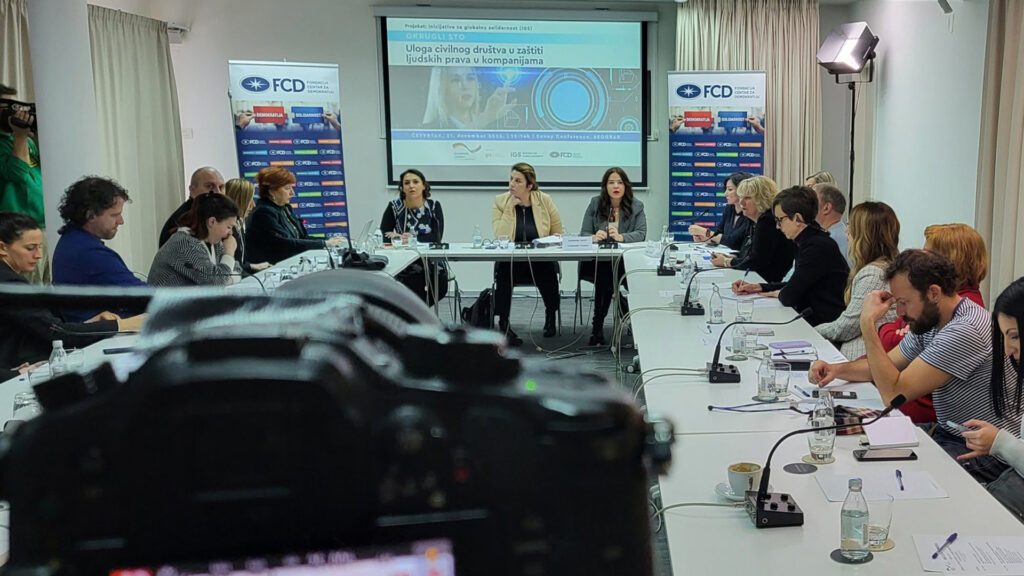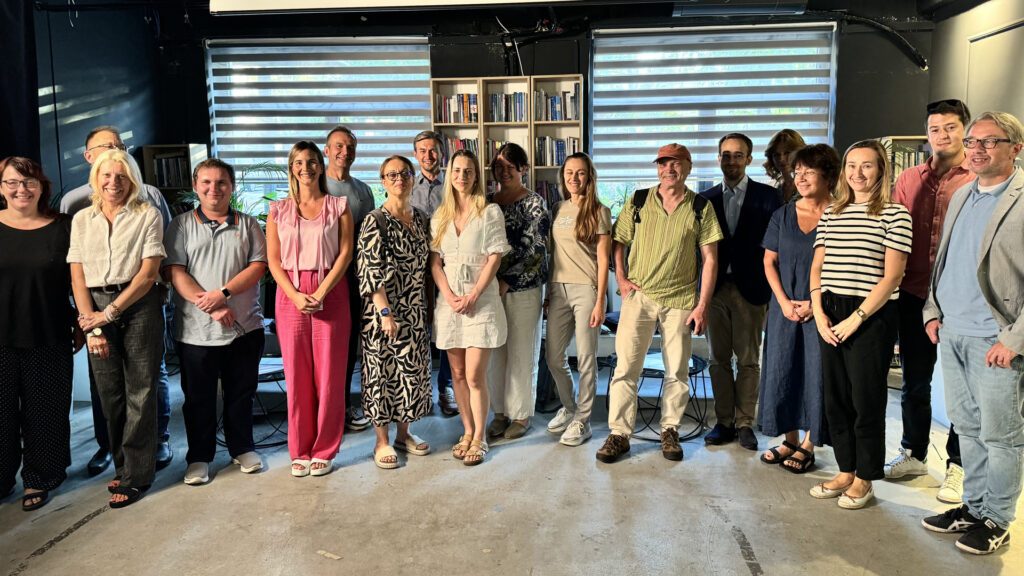In 2009, four years after the completion of the last course organised at the Politeia School, the Centre for Democracy decided to resume the School’s operations, focusing primarily on political education. This was the 18th course held at the school since 1997. Even though the curriculum, as well as the students targeted was partially altered, Politeia continued to maintain a reputation as one of the most serious educational programmes available, as well recognition for its ability to choose the best students and its interactive teaching methodology. As a political school for young politicians who are oriented towards social-democracy, Politeia was supported by the Friedrich-Ebert-Stiftung.
The main topics: the importance of ideas in politics; Equality, freedom and solidarity; Values and pragmatism in politics; Cultural policy between entertainment and art; Development versus austerity – dilemmas of development policy; Budget planning and control of public finances; Challenges in the management of public companies; Theoretical and practical aspects of gender equality; Policy analysis through a gender perspective;
"We wanted to improve the knowledge of younger political party members on politics, political philosophy and ideologies, to raise their interest in discussing ideas, and to equip them with argumentative debating and public engagement skills. The project was brought forth by the long-time practice and experience of the CDF and its understanding that young political party activists are, on the one hand exposed to a number of practical educational programmes and trainings, which are certainly beneficial, but on the other, do not have enough knowledge of basic political and legal principles. The terms of democracy, democratic procedures and tolerance are mainly accepted on a declarative level, and they simply do not discern the substance of certain ideological patterns (liberalism, conservatism, social democracy etc.), and more often than not, nondemocratic tendencies and behaviours go unrecognised (nationalism, fascism and other)" (Nataša Vu?kovi?, School coordinator)
